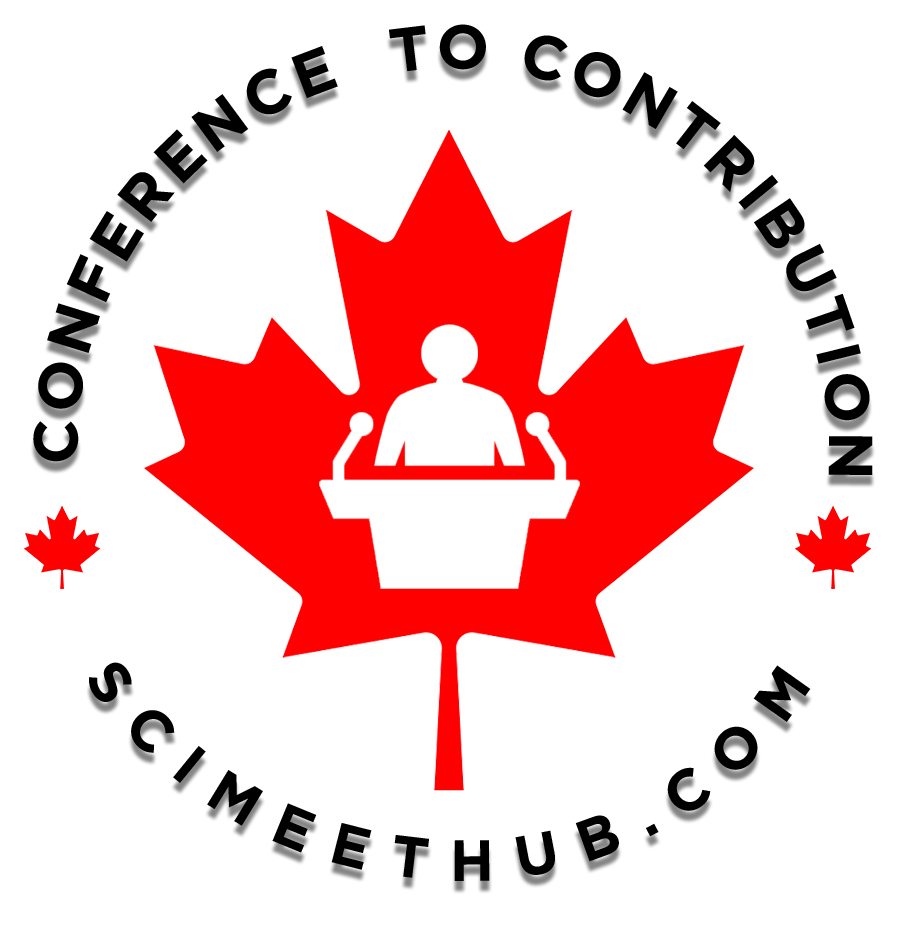Sessions/Tracks
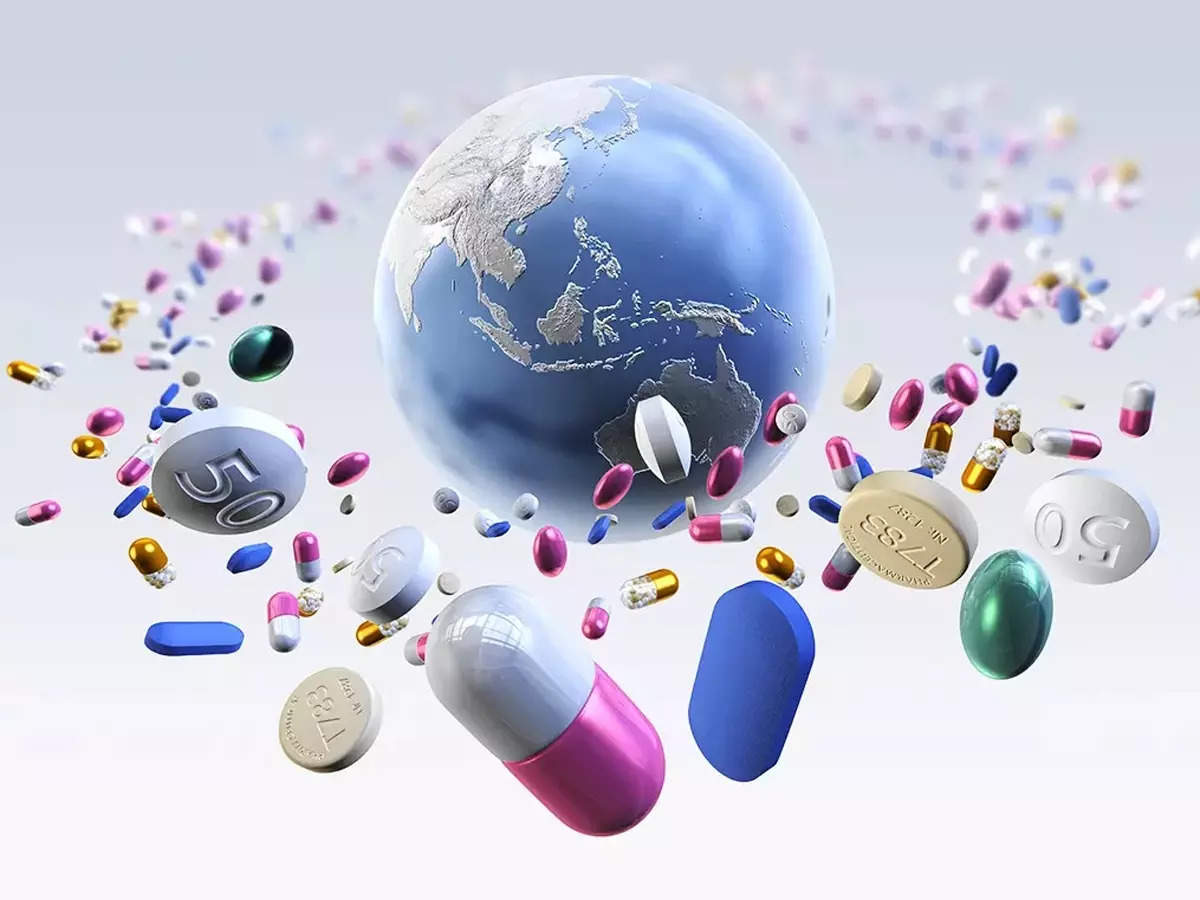
Track 1:
AI-Driven Drug Discovery & Development
Artificial intelligence is reshaping how drugs are identified, designed, and optimized. From predicting molecular interactions to accelerating target validation, AI tools are shortening timelines and improving accuracy in drug pipelines. This track highlights how machine learning, deep learning, and predictive analytics are transforming the entire discovery process. Participants will explore how AI reduces costs, improves decision-making, and integrates seamlessly with existing R\&D workflows. Industry and academic case studies will showcase real-world adoption and challenges in scaling these innovations. By merging biology, chemistry, and computation, AI is opening a new era of smarter, faster drug development.
- AI-based molecular docking platforms
- Deep learning for target identification
- Predictive models for preclinical success
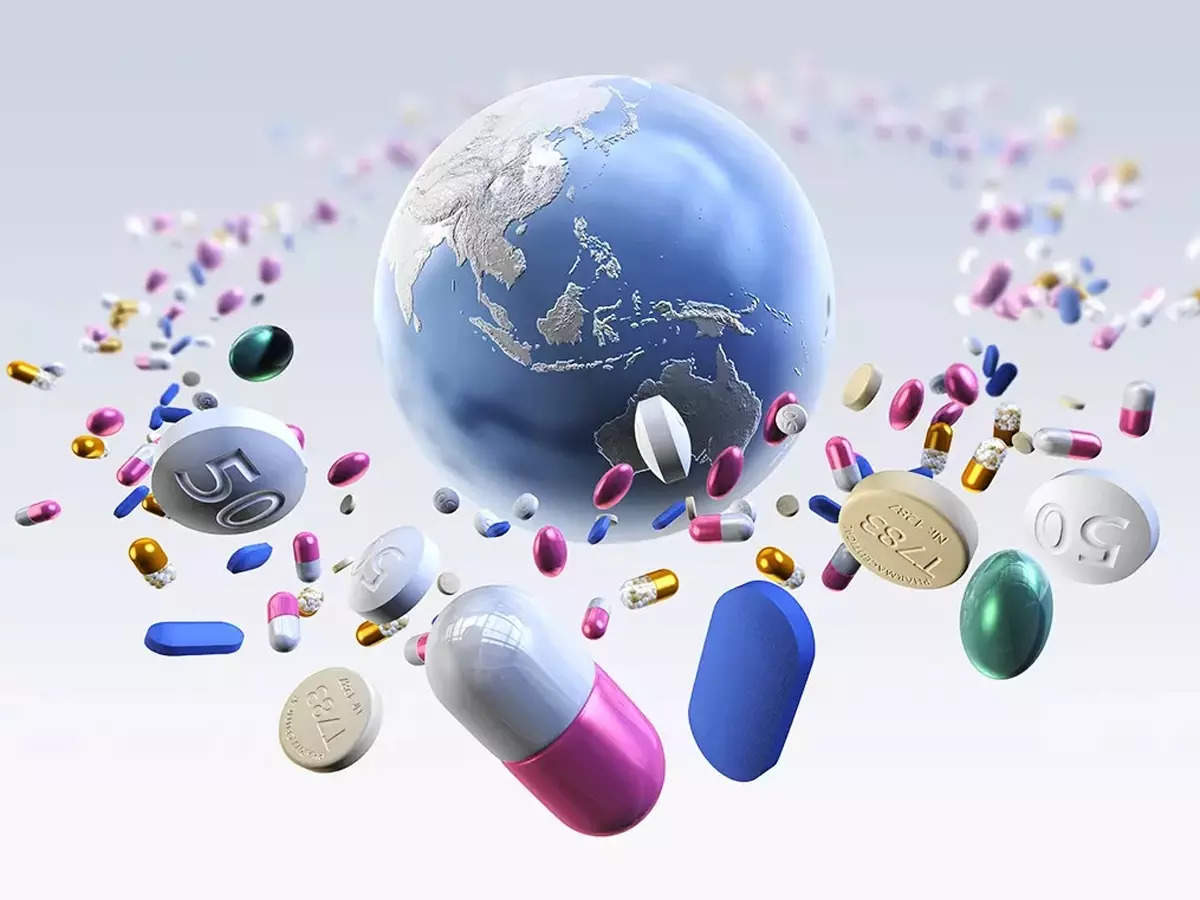
Track 2:
Virtual Screening, In Silico Trials & Digital Twins
Digital approaches are redefining the way new drugs are tested and evaluated. Virtual screening enables rapid identification of candidate compounds, while in silico trials replicate patient populations to forecast outcomes. Digital twins of organs, systems, or entire patients create personalized models that reduce dependency on costly clinical trials. This track explores how digital tools are cutting down development timelines and improving precision in clinical research. Ethical, technical, and regulatory considerations of these technologies will also be addressed. Delegates will gain insights into how simulation models are driving patient-specific therapeutic strategies.
- Digital twins in personalized therapy
- Virtual screening for rare disease drugs
- In silico trial frameworks and ethics
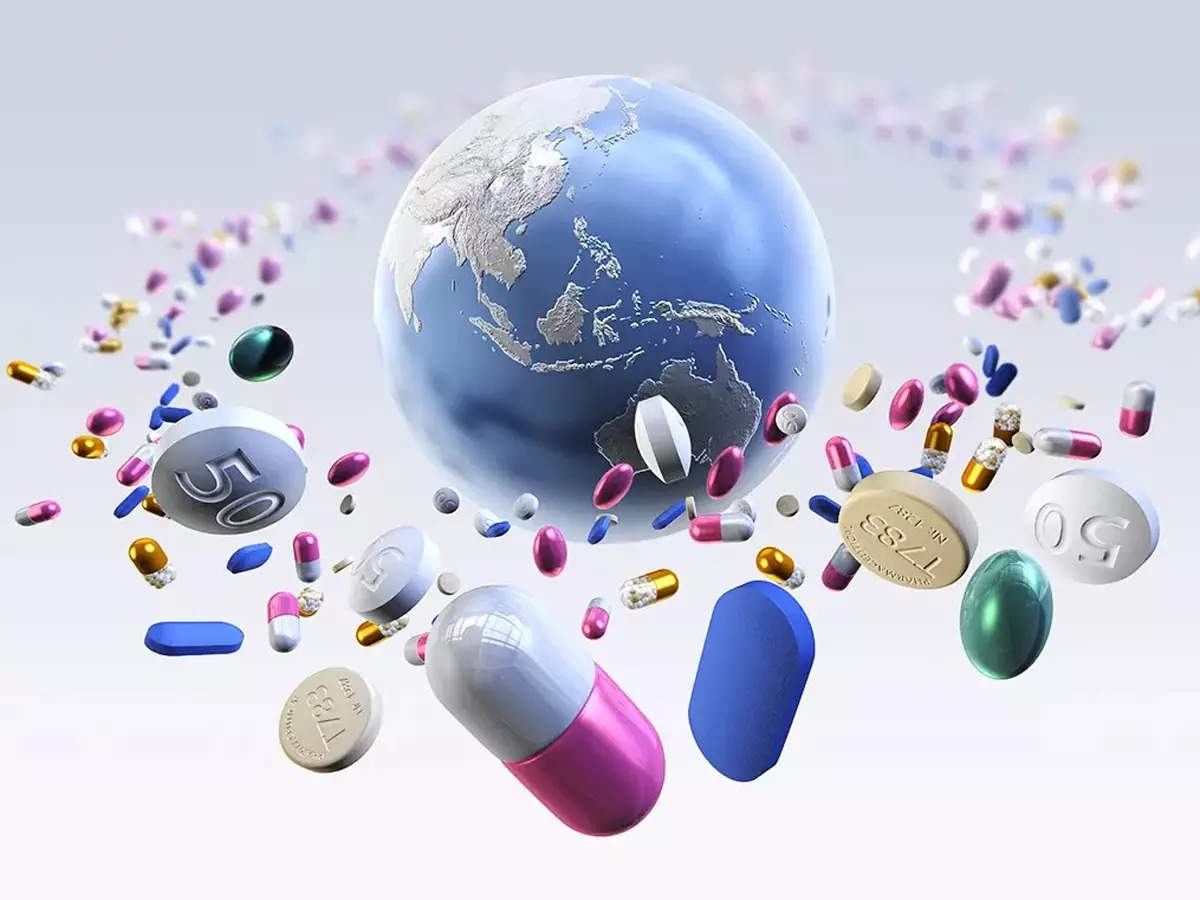
Track 3:
Quantum Computing in Molecular Simulation
Quantum computing promises to solve molecular problems that classical systems cannot handle. With its ability to simulate atomic interactions at unprecedented speed, quantum computing offers breakthroughs in drug design, protein folding, and complex chemical reactions. This track introduces the latest advances in quantum algorithms applied to pharmaceutical research. Discussions will include collaboration between pharma companies and quantum tech firms, as well as the future roadmap for adoption. Delegates will understand how quantum-enhanced simulations could drastically reduce discovery cycles and enhance precision medicine.
- Quantum algorithms for drug discovery
- Hybrid quantum-classical simulations
- Industry-academia partnerships in quantum pharma
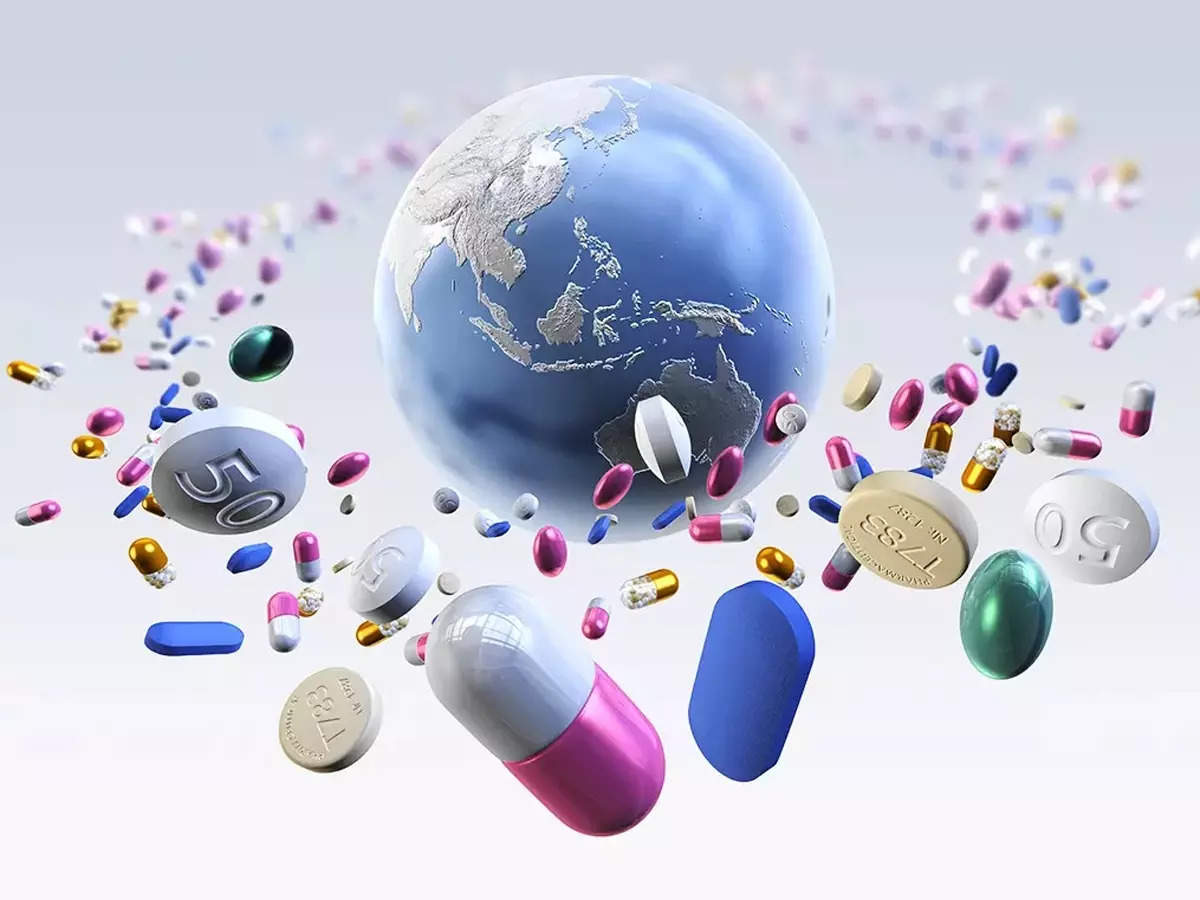
Track 4:
Precision Medicine & Targeted Therapies
Precision medicine has shifted the paradigm from one-size-fits-all treatment to patient-tailored therapies. This track examines biomarker-driven strategies, molecular profiling, and targeted delivery systems that maximize efficacy while minimizing side effects. The focus is on cancer, rare genetic conditions, and immune disorders where precision approaches are most impactful. Presentations will showcase the integration of genomics, proteomics, and AI in defining patient-specific pathways. Regulatory perspectives on approval and reimbursement for personalized medicines will also be discussed. Attendees will leave with insights into the global impact of precision healthcare.
- Biomarker discovery for targeted drugs
- Multi-omics in precision therapy
- Companion diagnostics development
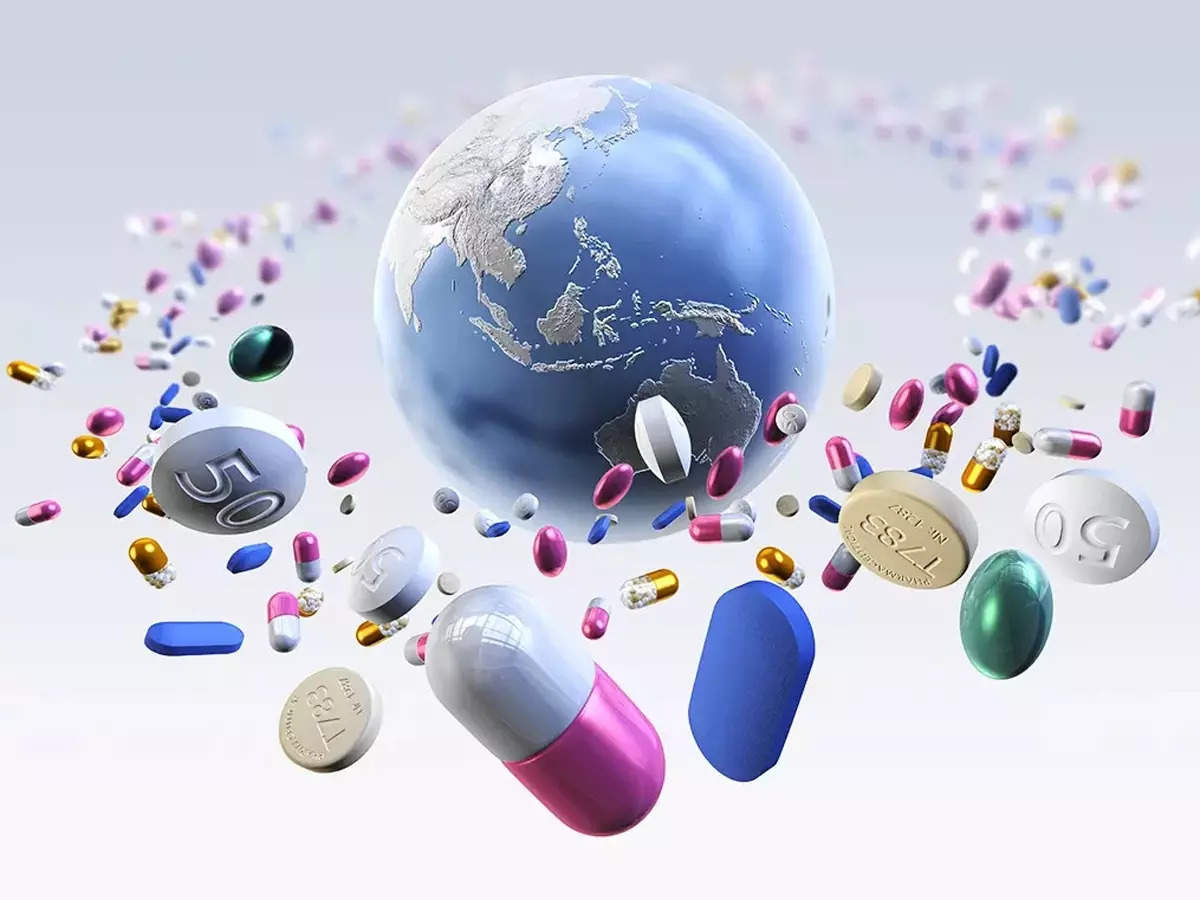
Track 5:
Cell & Gene Therapies: Next-Generation Treatments
Cell and gene therapies are revolutionizing the treatment of previously incurable diseases. This track covers advances in CRISPR technology, CAR-T therapies, stem cell interventions, and gene editing platforms. Sessions will highlight both scientific progress and challenges in large-scale manufacturing and global accessibility. Safety monitoring, regulatory hurdles, and cost-effectiveness strategies will also be explored. Attendees will discover how these therapies are advancing from clinical trials to real-world applications. With next-generation tools, the potential for permanent cures is becoming increasingly achievable.
- CRISPR-based therapeutic applications
- CAR-T and immune-modulating therapies
- Manufacturing scalability of gene therapies
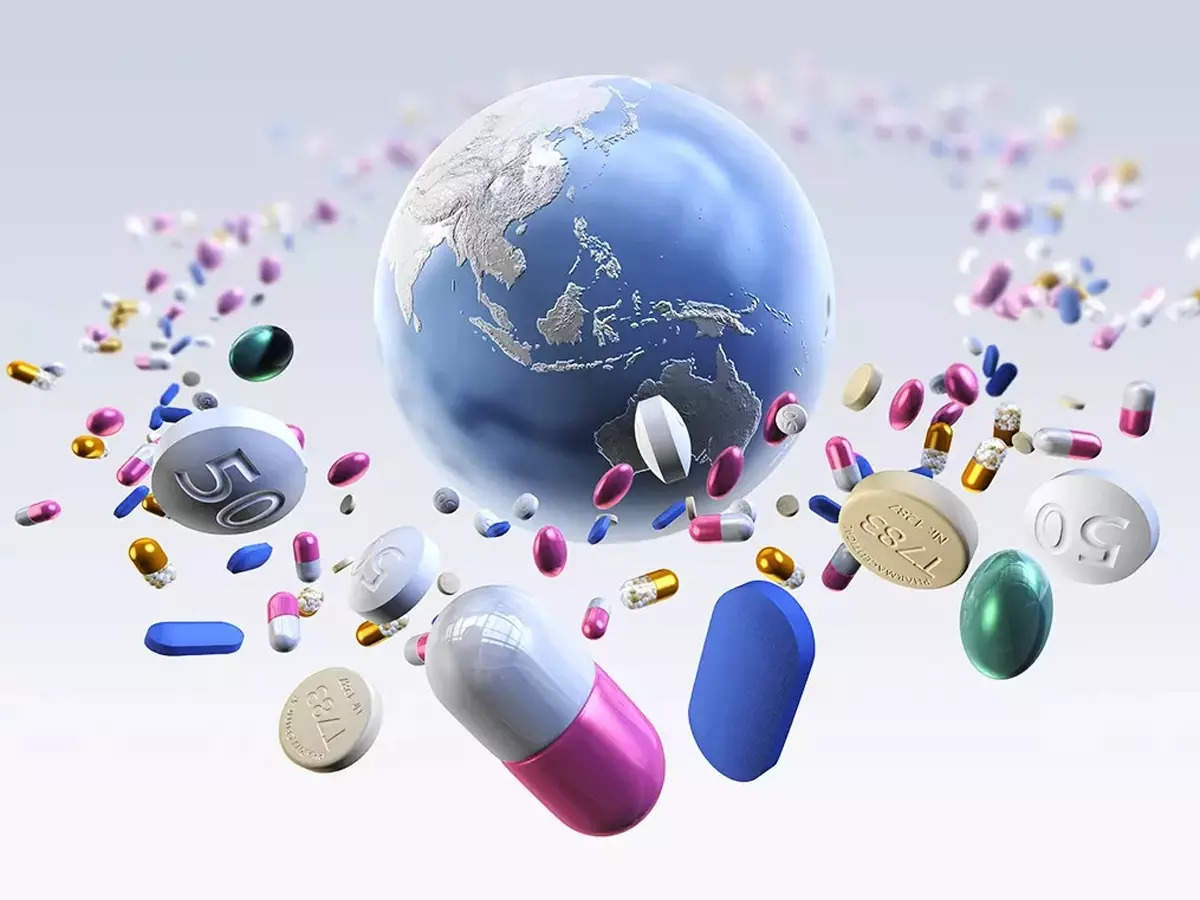
Track 6:
Oligonucleotide-Based Therapeutics (siRNA, ASOs, Aptamers)
Oligonucleotide therapeutics represent a rapidly evolving frontier in treating genetic and rare diseases. This track discusses the latest progress in siRNA, antisense oligonucleotides, and aptamer-based drugs. Key sessions will focus on delivery challenges, stability, and optimization of these molecules for clinical use. Advances in conjugation technologies and nanoparticle carriers will also be highlighted. Delegates will learn how oligonucleotide therapies are expanding their role in oncology, neurology, and metabolic diseases. Industry collaborations and regulatory pathways will be explored for broader adoption.
- siRNA delivery innovations
- Aptamers in targeted oncology
- ASOs in rare disease therapeutics
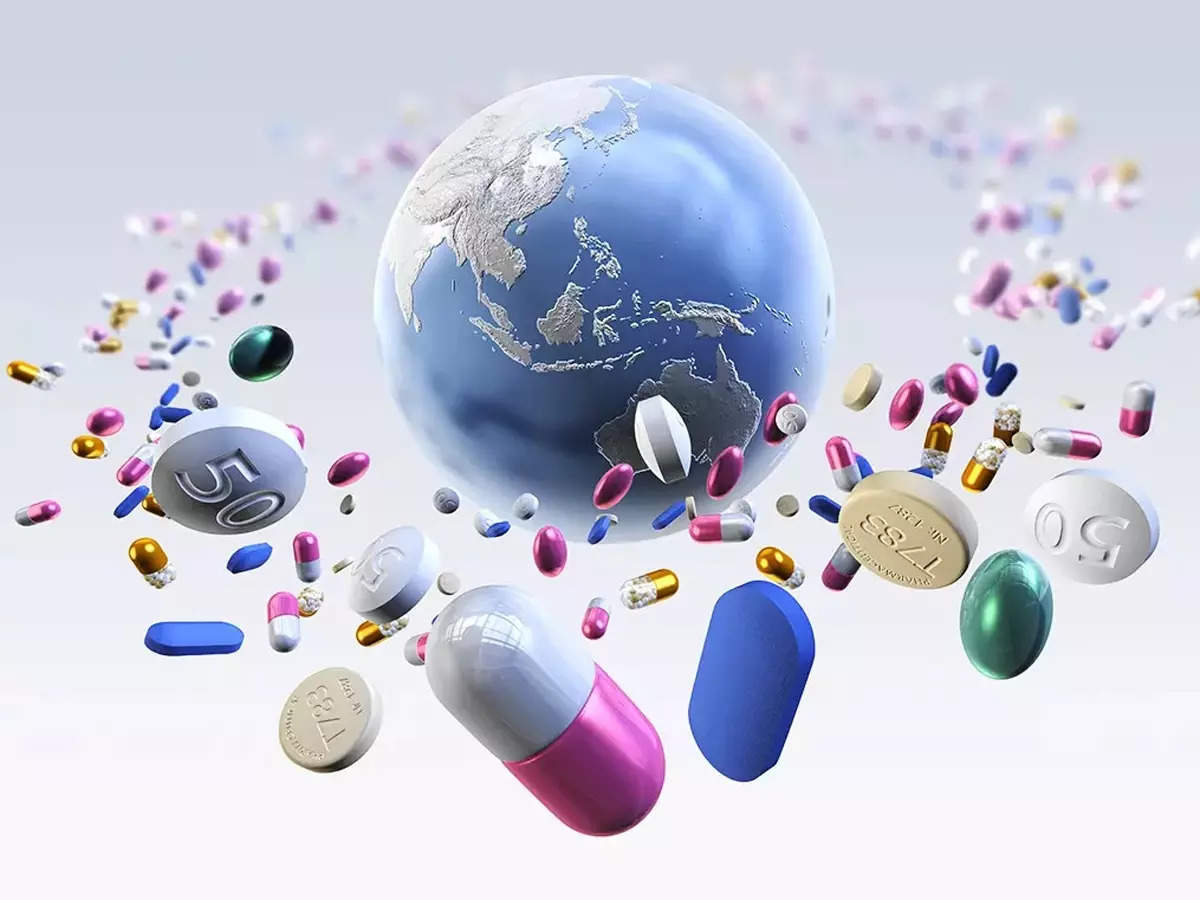
Track 7:
Radioligand & Nuclear-Targeted Cancer Therapies
Radioligand and nuclear-targeted therapies are opening new horizons in oncology by delivering radiation directly to tumor cells while sparing healthy tissue. This track explores innovations in radioisotope labeling, theranostics, and patient-specific nuclear medicine approaches. Discussions will focus on advancements in imaging-guided therapy, novel radiopharmaceuticals, and their applications in resistant cancers. Regulatory considerations, safety standards, and global availability will also be addressed. Attendees will gain a deeper understanding of how these therapies are shaping the future of precision oncology.
- Theranostic approaches in cancer care
- Radioisotope-based precision therapies
- Safety and regulation of nuclear medicines
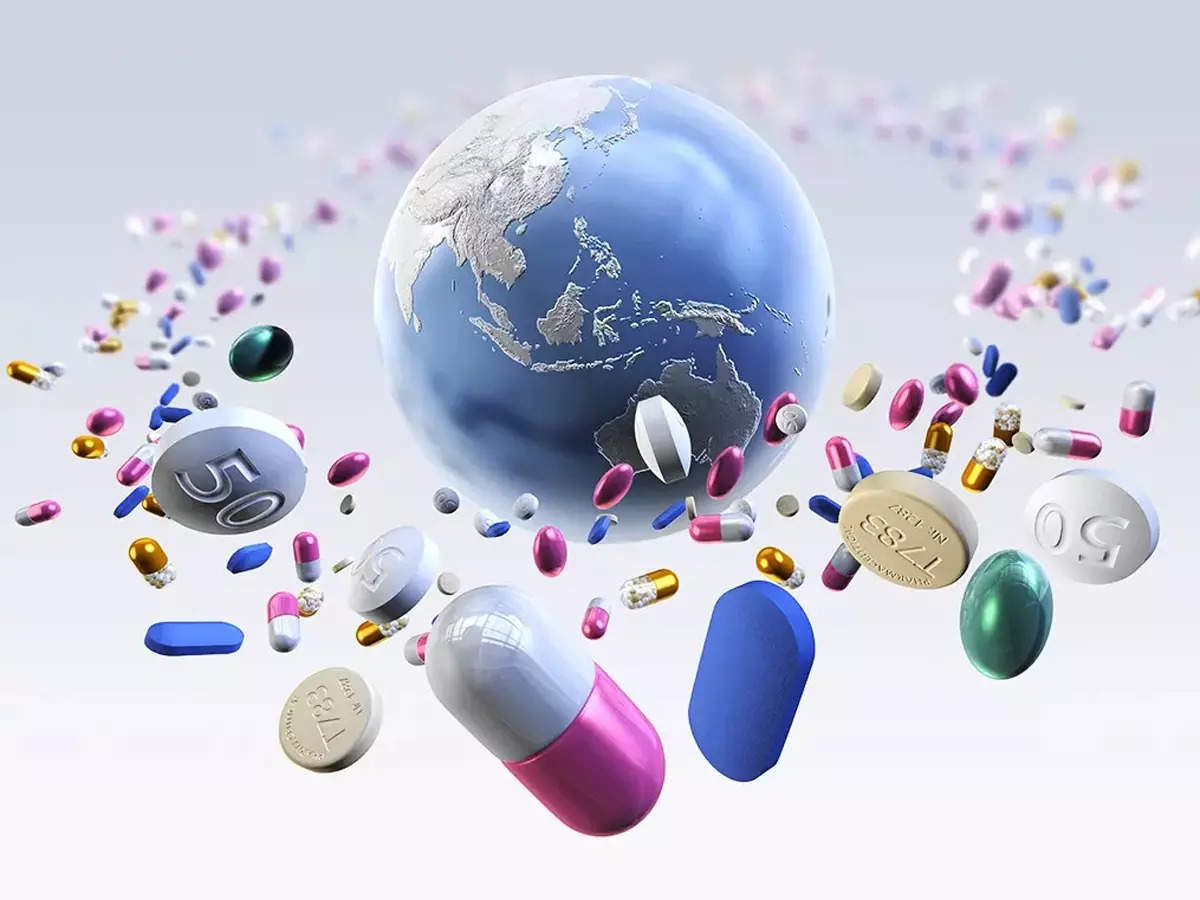
Track 8:
Protein Degradation & PROTAC Technology
Targeted protein degradation offers a paradigm shift in drug development by eliminating, rather than inhibiting, disease-causing proteins. This track highlights the latest advances in PROTAC (Proteolysis Targeting Chimera) technology and molecular glue degraders. Attendees will learn how these therapies are overcoming challenges in targeting undruggable proteins. Case studies will explore applications in oncology, neurodegenerative diseases, and immunology. Insights into drug design, pharmacokinetics, and industry partnerships will be shared. This track positions protein degradation as a major innovation in next-generation therapeutics.
- PROTACs in oncology and neurodegeneration
- Molecular glue degraders
- Challenges in clinical translation
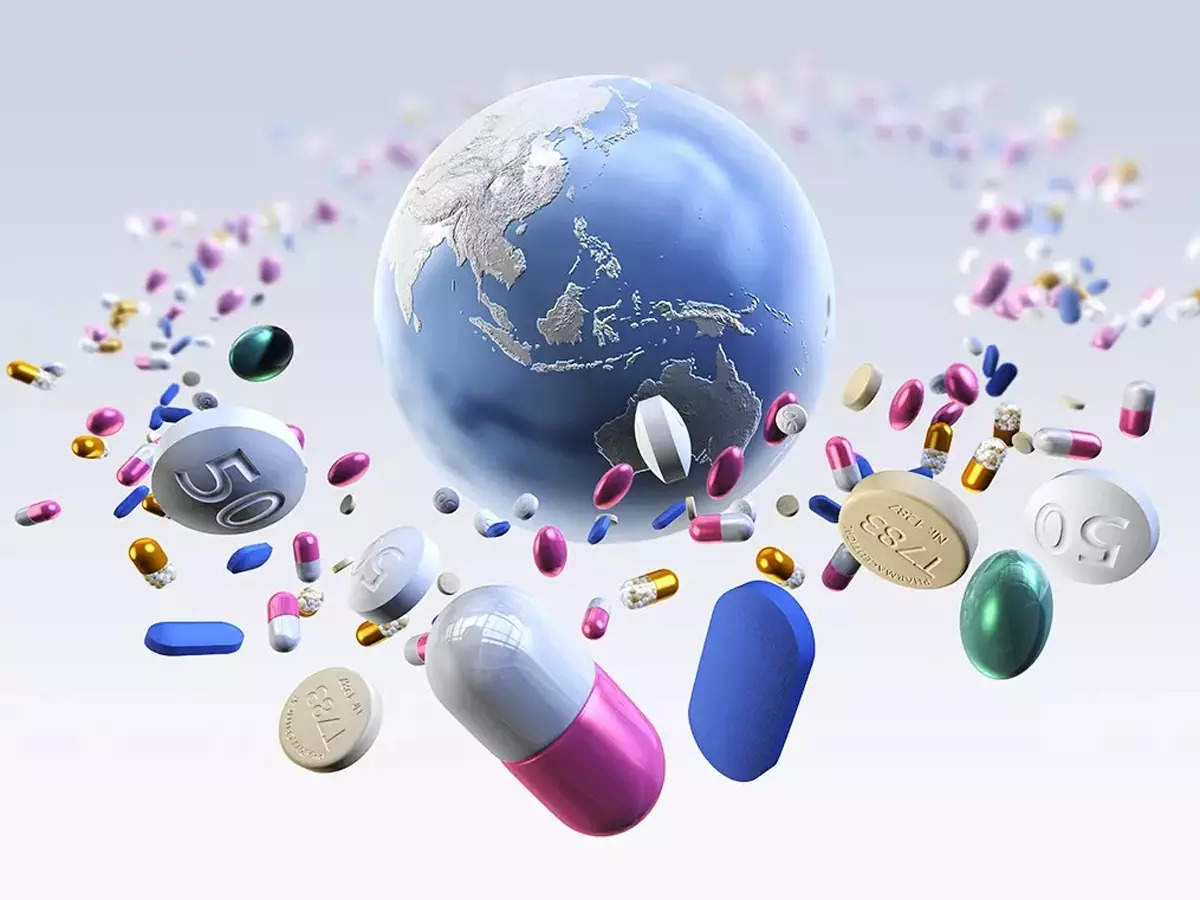
Track 9:
Smart & Stimuli-Responsive Drug Delivery Systems
The future of drug delivery lies in smart systems that respond to physiological triggers such as pH, temperature, or enzymes. This track explores how stimuli-responsive carriers are improving drug bioavailability, minimizing toxicity, and enhancing therapeutic outcomes. Key topics include polymeric nanoparticles, microneedle patches, and biosensor-based delivery. The sessions emphasize patient-centered solutions for chronic diseases and precision dosing. Delegates will gain insights into how these adaptive delivery systems are revolutionizing drug administration.
- pH-responsive polymeric carriers
- Microneedle-based transdermal delivery
- Biosensor-integrated drug release systems
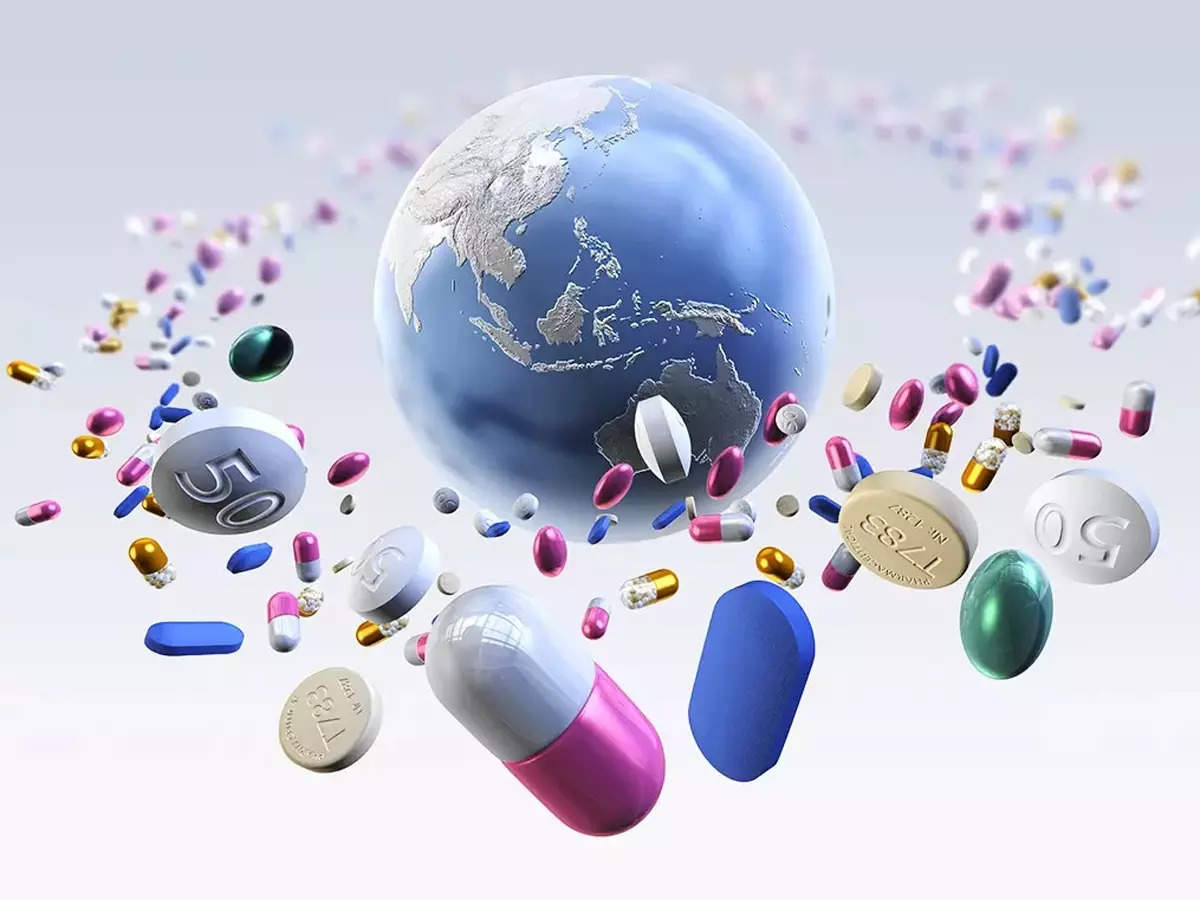
Track 10:
3D-Printed & Personalized Medicine
3D printing is enabling customized therapies and drug formulations tailored to individual patients. This track will explore the potential of additive manufacturing in producing on-demand tablets, implants, and biomedical devices. Presentations will highlight regulatory frameworks, material innovations, and scalable manufacturing strategies. Use cases in pediatrics, geriatrics, and rare diseases will be emphasized, where personalized dosing is critical. By merging digital design with pharmacology, 3D printing is reshaping personalized healthcare delivery.
- 3D-printed drug formulations
- Custom implants and devices
- Regulatory and scalability challenges
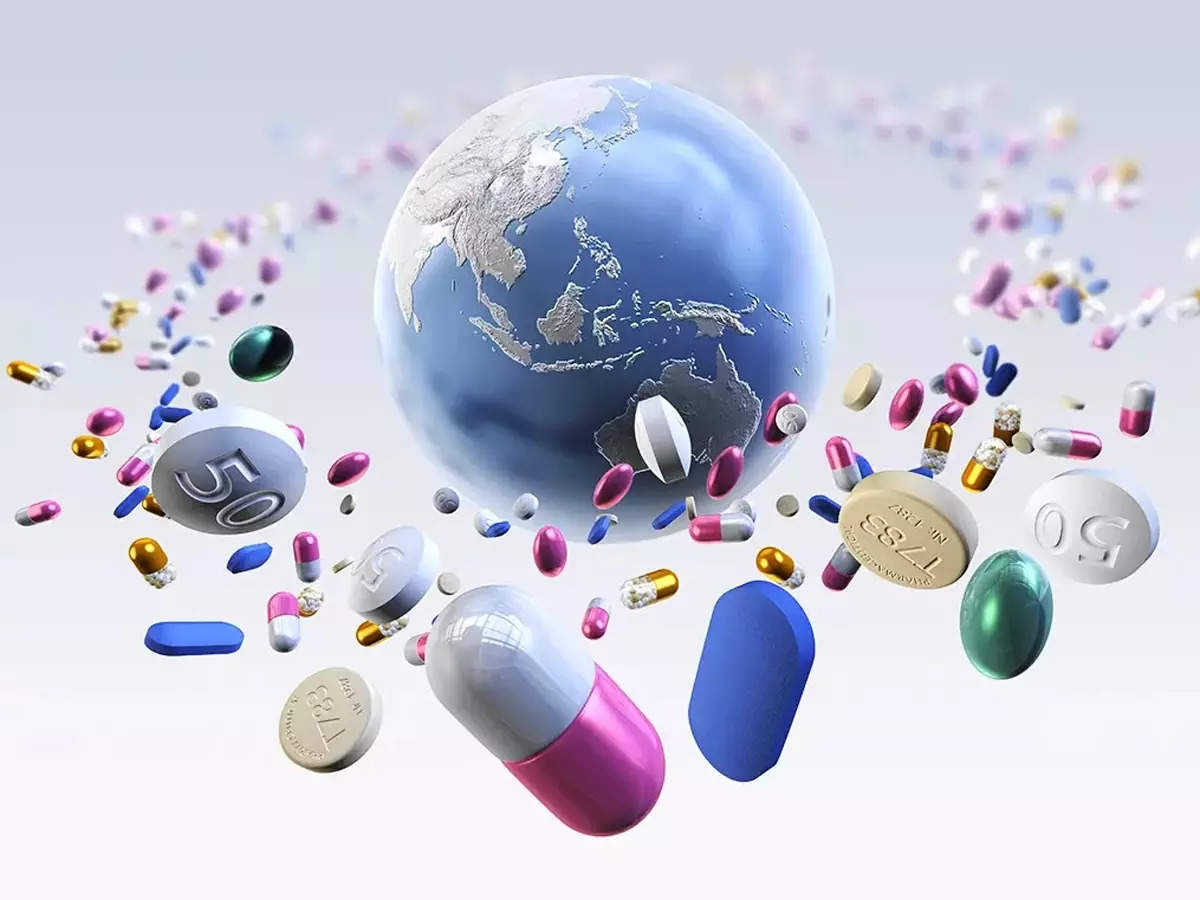
Track 11:
Nanomedicine & Silk Nanogel Drug Injectors
Nanomedicine is redefining precision drug delivery by exploiting nanoscale carriers for improved therapeutic action. This track highlights the role of liposomes, dendrimers, and silk nanogel injectors in delivering drugs with enhanced stability and targeting. Discussions will include advancements in cancer therapy, infectious disease treatment, and regenerative medicine. The unique properties of silk-based nanogels as biodegradable carriers will be explored in depth. Attendees will discover how nanotechnology is enabling safer and more effective therapies.
- Silk nanogel injectors for precision delivery
- Liposomal carriers in oncology
- Nanomedicine for regenerative applications
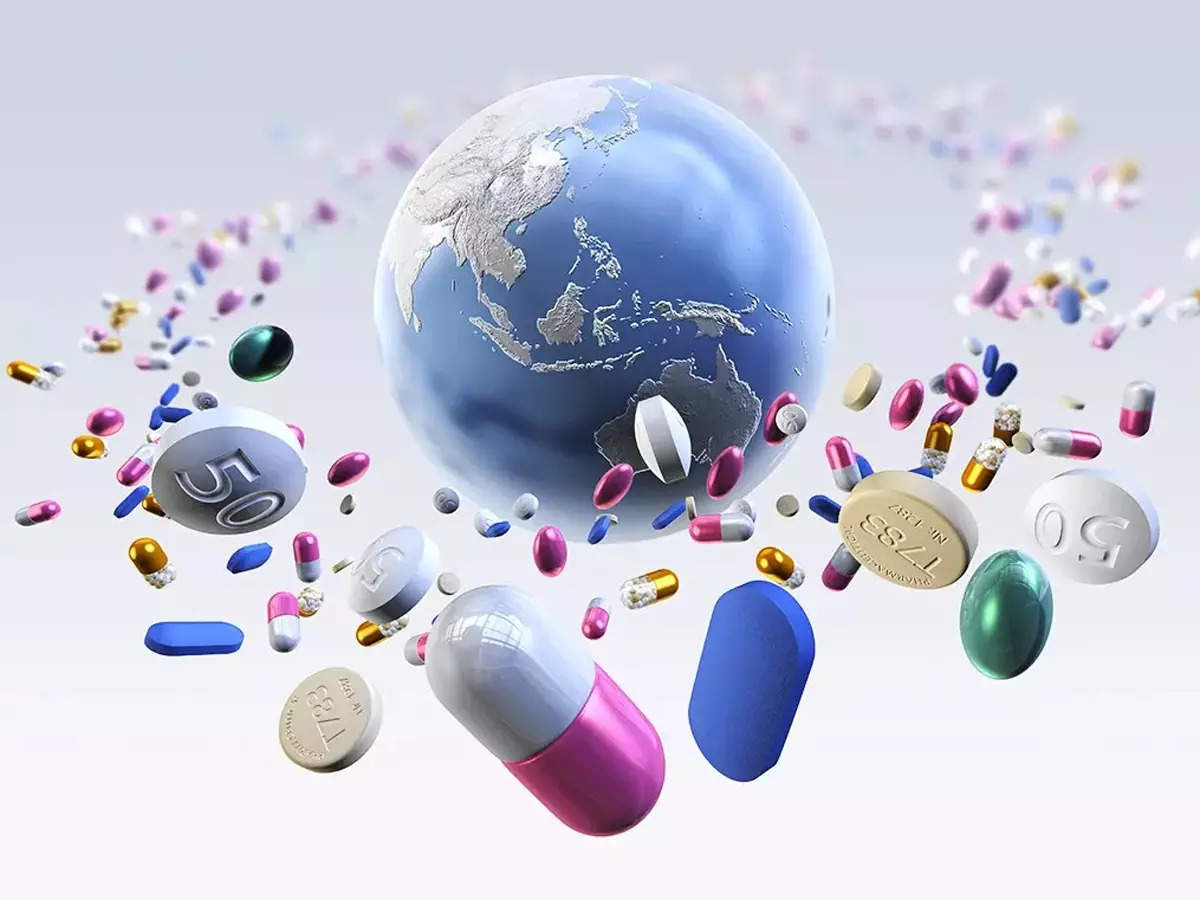
Track 12:
Remote-Controlled Synthetic Cells in Therapeutics
Synthetic biology is pushing boundaries with engineered cells that can be remotely controlled to deliver therapies. This track examines innovations in bioengineered cell systems, optogenetics, and magnetically guided therapeutics. Sessions will showcase breakthroughs in programmable cellular therapies for cancer, metabolic disorders, and immune regulation. Ethical, safety, and regulatory perspectives will also be discussed. This futuristic approach represents a convergence of biology, engineering, and nanotechnology for personalized interventions.
- Remote control via optogenetics
- Engineered immune cell therapies
- Safety frameworks for synthetic biology
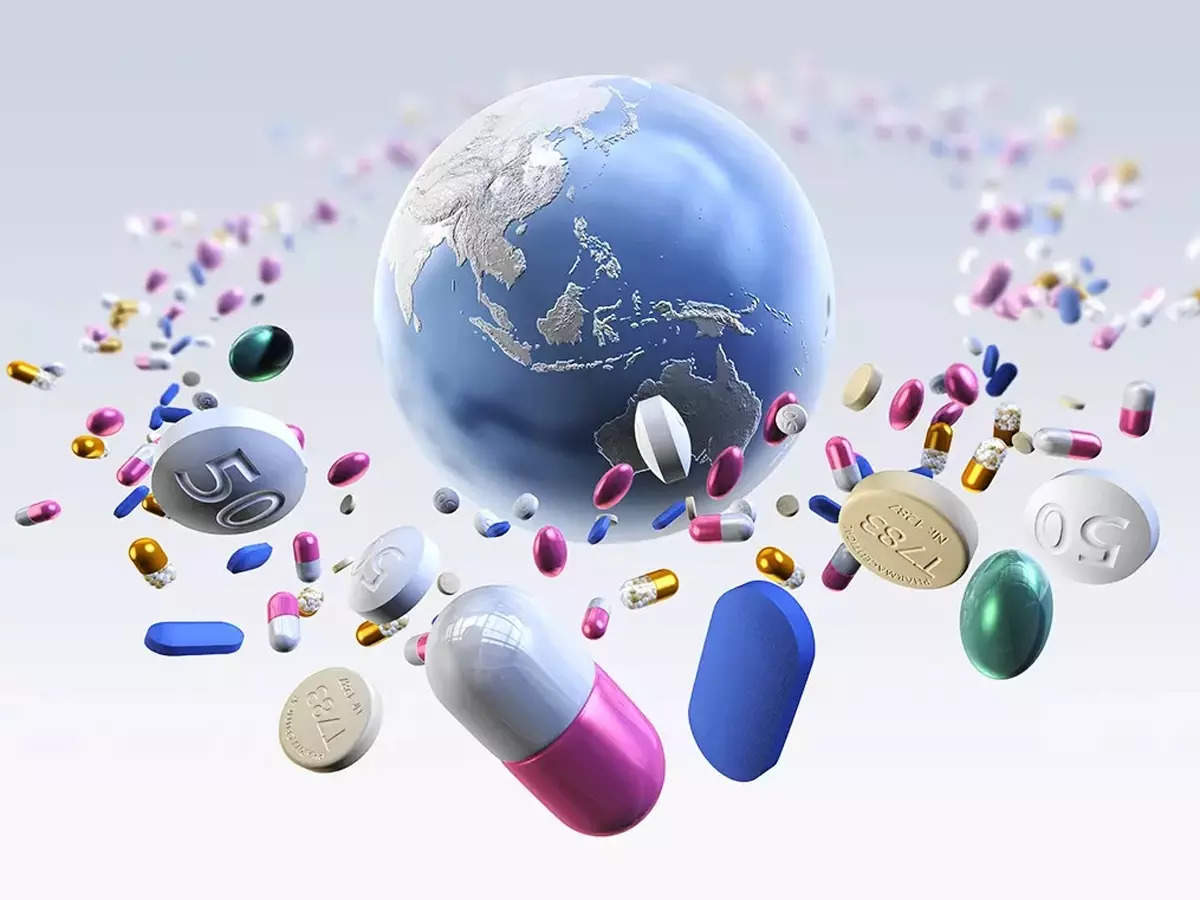
Track 13:
Decentralized & Digital Clinical Trials
Decentralized clinical trials (DCTs) are transforming patient participation by leveraging telemedicine, wearable devices, and remote monitoring. This track covers the design, execution, and regulatory acceptance of digital trials. Topics include patient recruitment, data integrity, and technology integration for real-world success. Case studies from pharma and CROs will highlight lessons learned in implementing DCTs globally. Attendees will understand how digital trials improve inclusivity, reduce costs, and speed up drug approvals.
- Wearables in clinical data collection
- Virtual trial platforms
- Patient-centric trial models
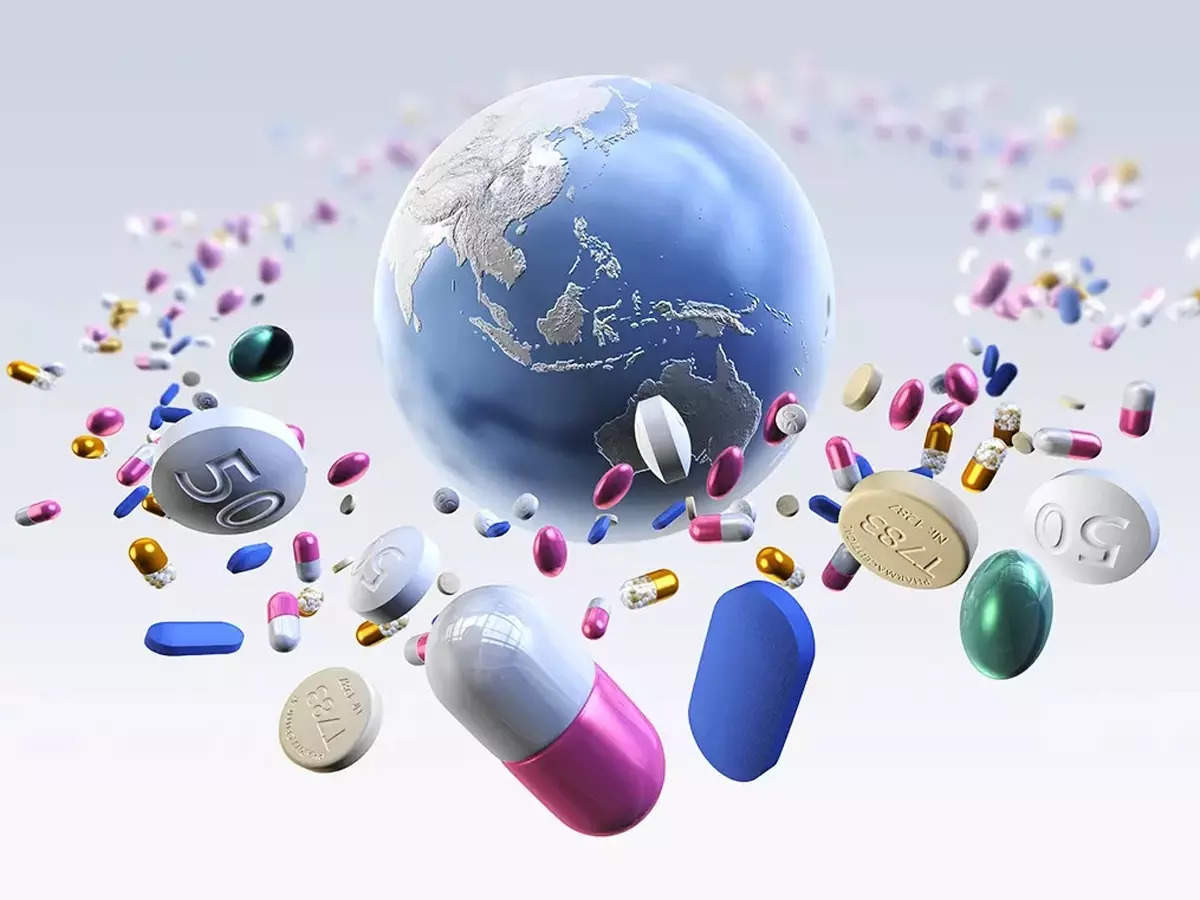
Track 14:
Real-World Evidence (RWE) in Drug Approvals
Real-world evidence is becoming a critical component of regulatory submissions and post-marketing surveillance. This track explores how big data from healthcare systems, registries, and patient-reported outcomes is shaping drug approval processes. Sessions will highlight methodologies for RWE collection, validation, and regulatory harmonization. Discussions will also cover payer perspectives on reimbursement and healthcare policy. Delegates will gain a comprehensive view of how RWE supports innovation while safeguarding patient safety.
- RWE for regulatory submissions
- Patient-reported outcome integration
- Payer acceptance of RWE
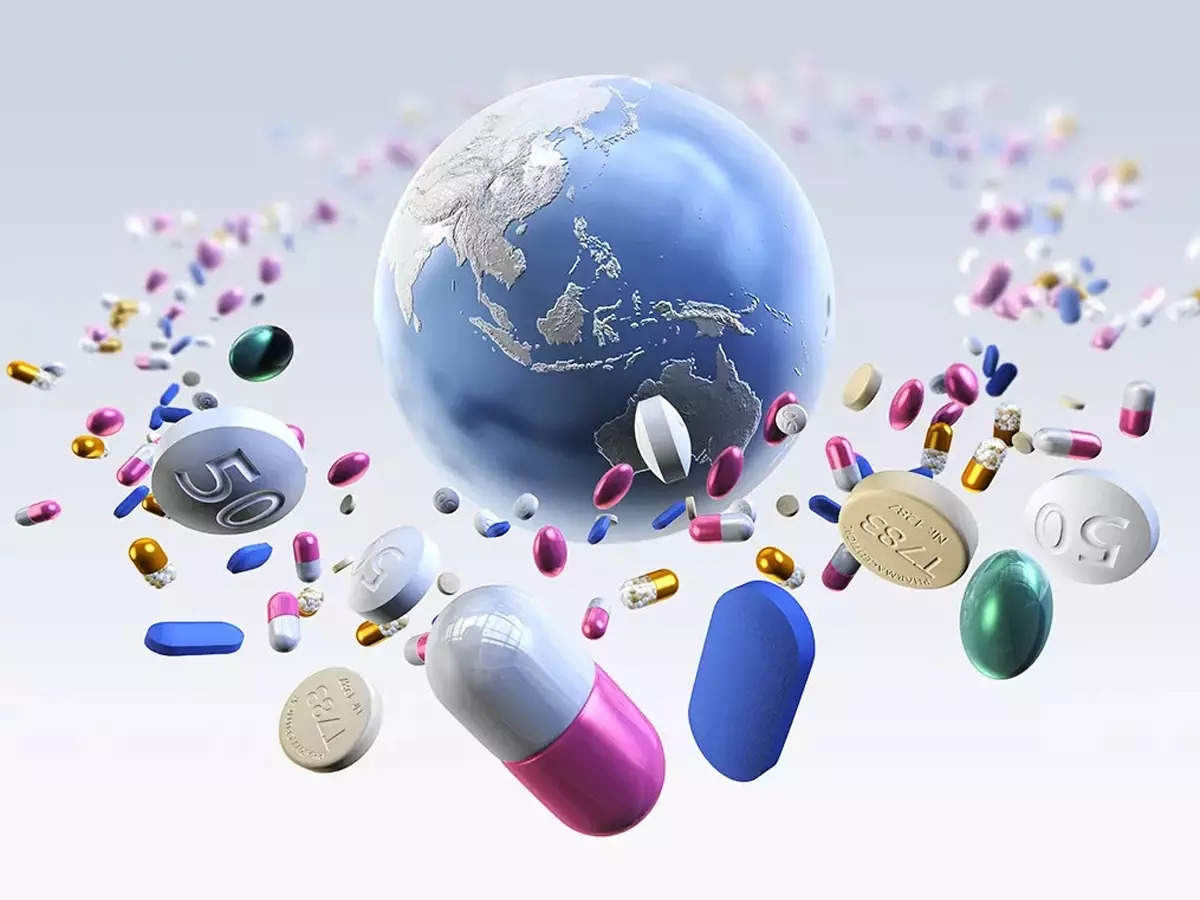
Track 15:
AI & Big Data for Pharmacovigilance & Safety Monitoring
Ensuring patient safety requires innovative tools to detect and manage adverse drug reactions. This track focuses on the use of AI and big data in pharmacovigilance. Key topics include automated adverse event reporting, signal detection through machine learning, and predictive safety analytics. Attendees will explore how global data sharing platforms are enhancing post-marketing surveillance. Industry case studies will illustrate how automation is reducing risks while ensuring compliance with regulatory bodies.
- AI-driven adverse event detection
- Predictive analytics in drug safety
- Global data sharing for pharmacovigilance
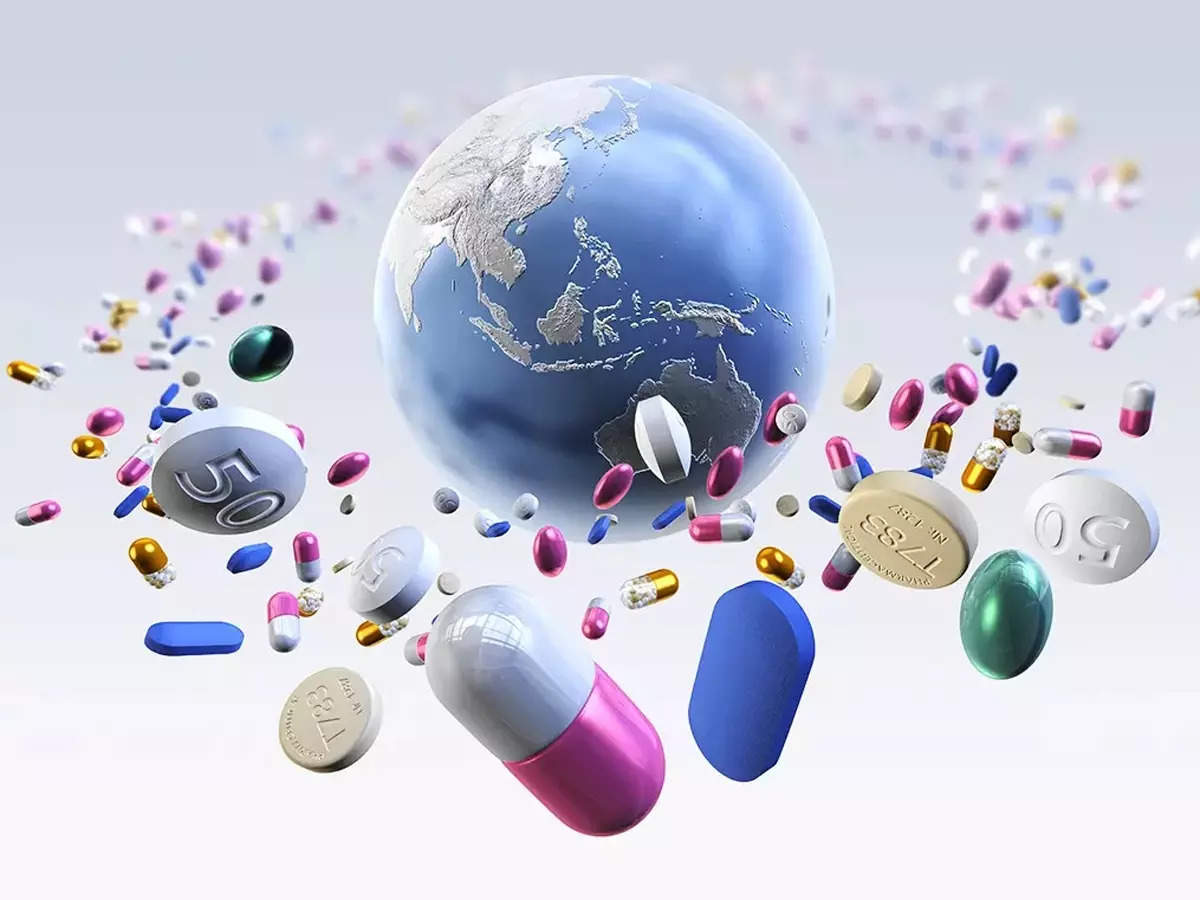
Track 16:
Blockchain & Smart Packaging for Drug Supply Chain Security
Blockchain is emerging as a transformative solution for securing pharmaceutical supply chains. This track explores how distributed ledger technologies ensure authenticity, transparency, and traceability of drugs. Smart packaging with embedded sensors further enhances patient safety and regulatory compliance. Delegates will gain insights into combating counterfeit drugs and improving supply chain resilience. Industry partnerships and real-world implementations will be highlighted. By merging blockchain with packaging innovations, pharma can safeguard trust and integrity.
- Blockchain for drug traceability
- Smart packaging with IoT integration
- Anti-counterfeit strategies in pharma
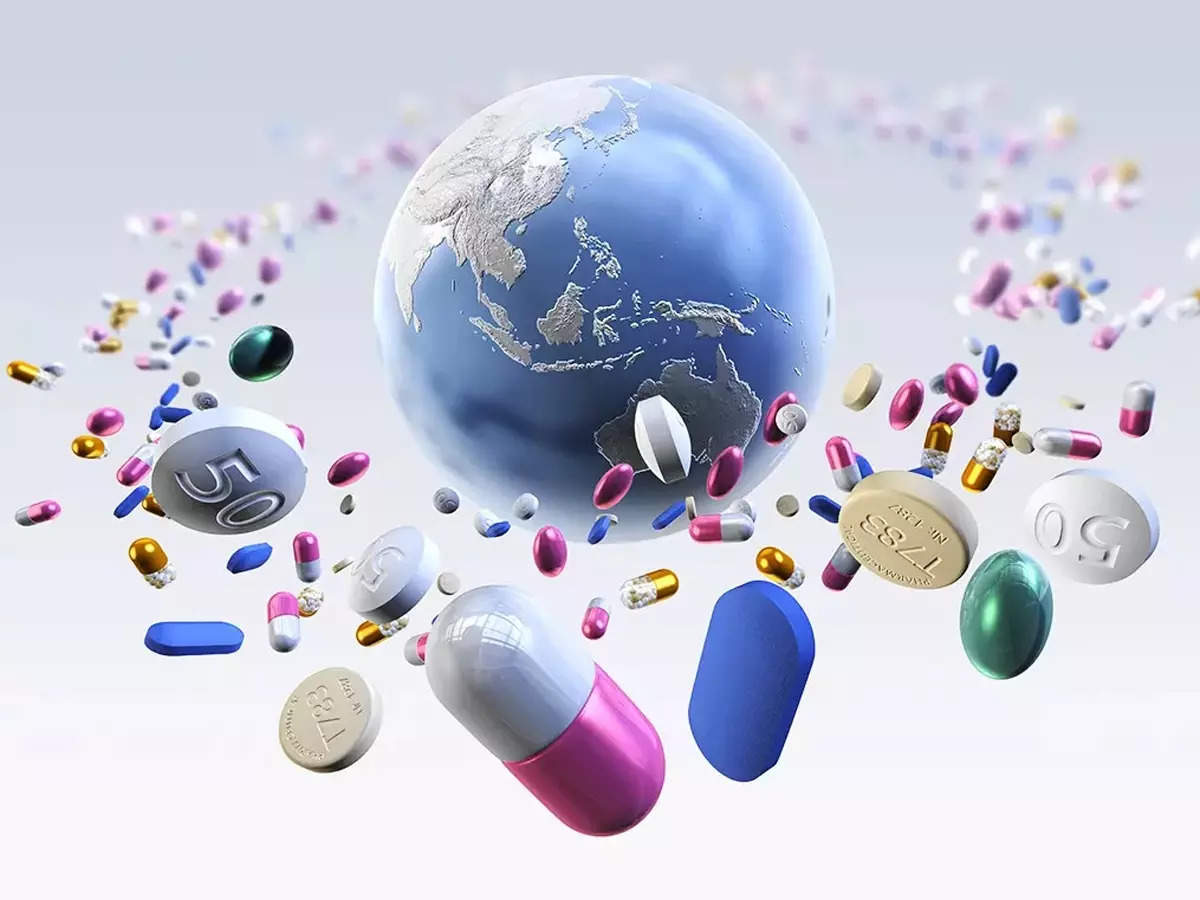
Track 17:
Green & Sustainable Pharma Manufacturing
Sustainability is becoming a central priority in pharmaceutical production. This track explores eco-friendly manufacturing practices, waste reduction, and renewable energy adoption in pharma. Sessions will include discussions on green chemistry, biodegradable excipients, and circular economy principles. Attendees will understand how companies are balancing cost-effectiveness with environmental responsibility. Regulatory incentives and global sustainability frameworks will also be covered. The track underscores pharma’s role in driving a greener, more responsible healthcare future.
- Green chemistry applications
- Waste reduction in manufacturing
- Circular economy in pharma
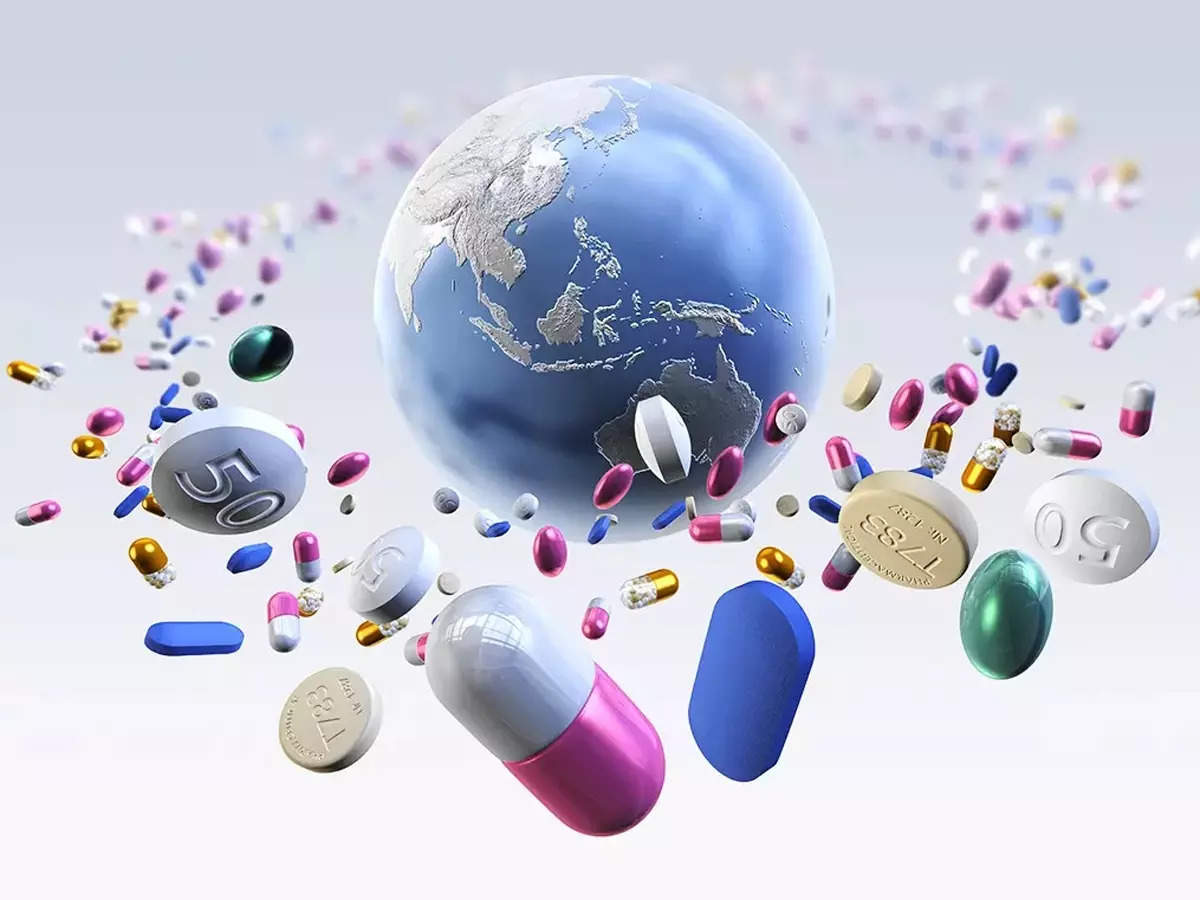
Track 18:
Global Licensing Deals & Biotech Collaborations
Strategic collaborations are vital for accelerating drug discovery and commercialization. This track highlights trends in licensing, mergers, acquisitions, and academic-industry partnerships. Case studies will showcase successful biotech alliances that led to breakthrough therapies. Discussions will also address negotiation strategies, intellectual property considerations, and global market expansion. Attendees will gain practical insights into building sustainable collaborations that foster innovation and patient access.
- Licensing strategies in pharma
- Academia-industry partnerships
- Global biotech expansion models
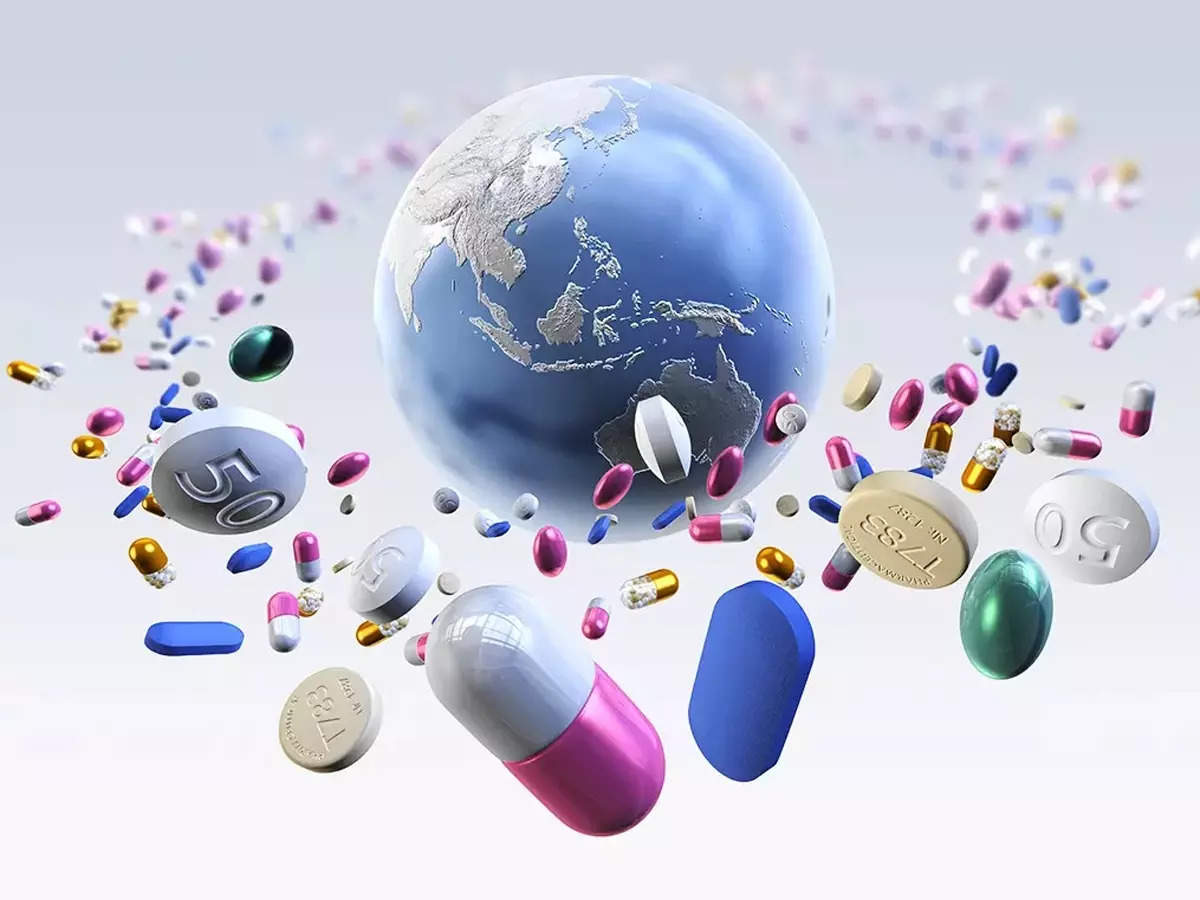
Track 19:
Regulatory Innovation & Value-Based Drug Pricing
The pharmaceutical industry is entering an era of regulatory reform and innovative pricing models. This track examines frameworks that support faster approvals while ensuring affordability and access. Topics include adaptive licensing, health technology assessments, and outcome-based pricing. Delegates will explore how global regulators, payers, and pharma companies are reshaping drug value chains. This track emphasizes the importance of balancing innovation with patient-centric affordability.
- Adaptive licensing pathways
- Outcome-based drug pricing
- Health technology assessments
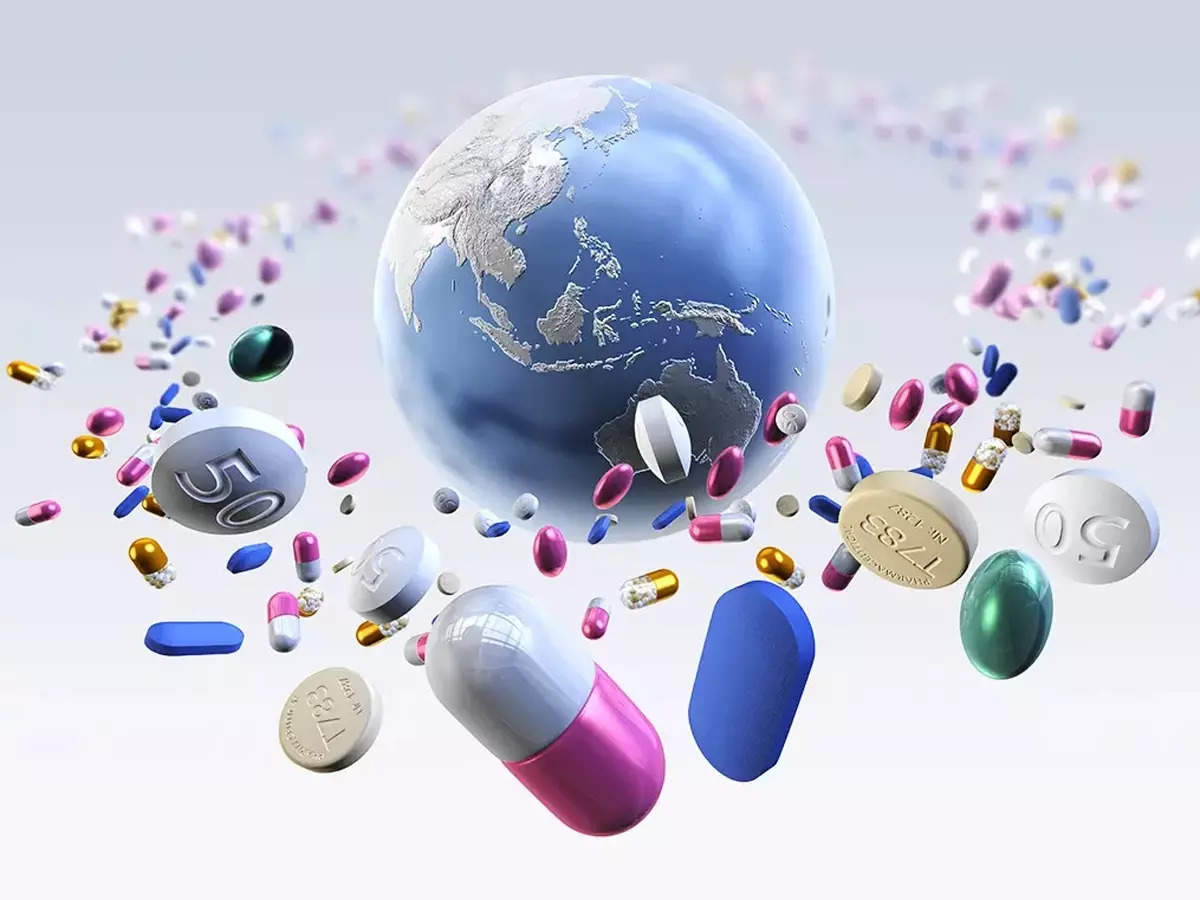
Track 20:
Future of Pharma: Integrating AI, Robotics & Automation
The future of pharmaceuticals lies at the intersection of advanced technologies and automation. This track showcases how AI, robotics, and digital twins are transforming manufacturing, drug discovery, and distribution. Key sessions will cover smart factories, robotic-assisted labs, and end-to-end automation of clinical workflows. Attendees will gain insights into how these technologies improve efficiency, scalability, and global accessibility. This track presents a visionary outlook on how pharma will evolve over the next decade.
- Robotics in lab automation
- AI-powered smart factories
- Digital twins in pharma R\&D
